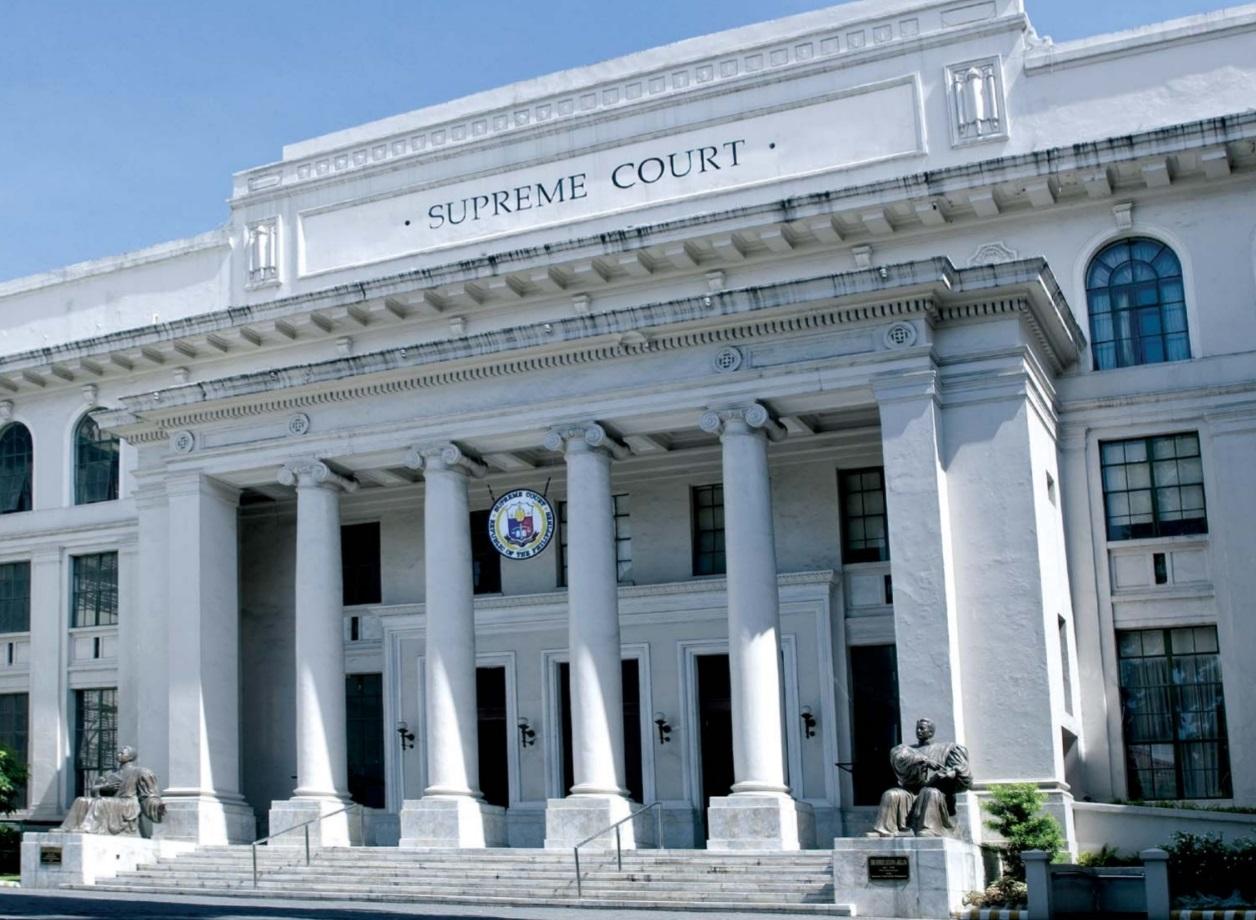SC: Baguio exempt from IPRA; proof of land possession needed for claims

For ancestral claims within Baguio City to prevail, it must be proven that indigenous people have been in continuous and actual possession of the land up to present, the Supreme Court said Friday.
The SC issued the remark as it affirmed its earlier ruling that Baguio City is exempt from ancestral claims under the Indigenous Peoples Rights Act of 1997 (IPRA).
“[W]hat is needed for a claim of native title to prevail is proof that the indigenous peoples are in open, continuous, and actual possession of the land up to the present. The source of right is a vested property right,” the SC said in a statement.
“Therefore, the application for the title is not through the IPRA but through the usual land titling process,” it added.
The SC En Banc denied the motion for reconsideration filed by the National Commission on Indigenous Peoples (NCIP) and the heirs of Carantes, which challenged the High Court’s 2023 decision that the IPRA did not apply to Baguio.
In its 2023 ruling, the SC held that Baguio was not subject to the IPRA due to its designation as a townsite reservation in 1907. It said the IPRA did not override earlier proclamations granting property rights in favor of the government.
The SC said indigenous people may still establish their ownership over their lands if they could prove continuous occupation and possession of the land since time immemorial, even within the city.
“In the case of Carantes’ heirs, however, they failed to prove that they and their ancestors have traditionally occupied and continue to possess the land,” the SC said.
The SC said the heirs of Carantes filed ancestral claims to parcels of land in the city in 1990, claiming that the lands belonged to the Indigenous cultural community of Ibaloi.
In 1997, the IPRA took effect, causing the claims of the Carantes to be transferred to the NCIP. The NCIP granted their claims in 2008 and issued certificates of ancestral land titles in their favor.
The Office of the Solicitor General, however, appealed the ruling before the Court of Appeals, which then ruled in favor of the heirs and the NCIP.
This prompted the present petition before the SC. —NB, GMA Integrated News




